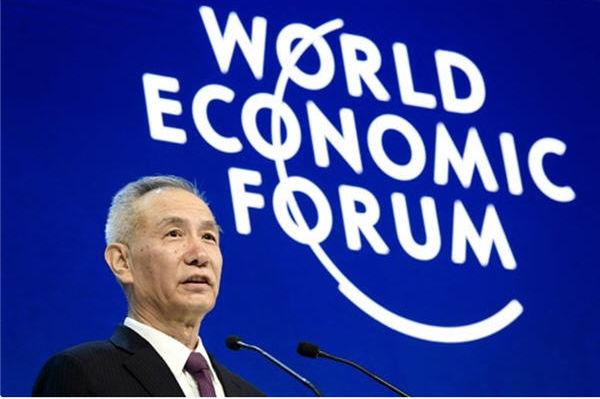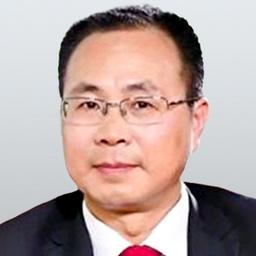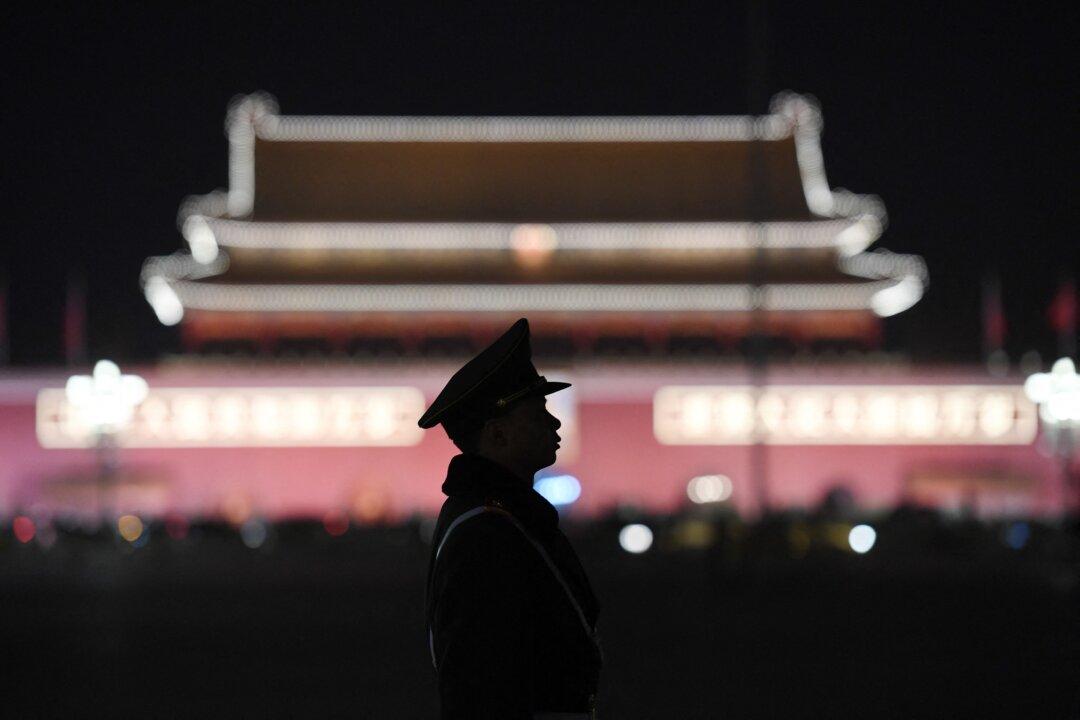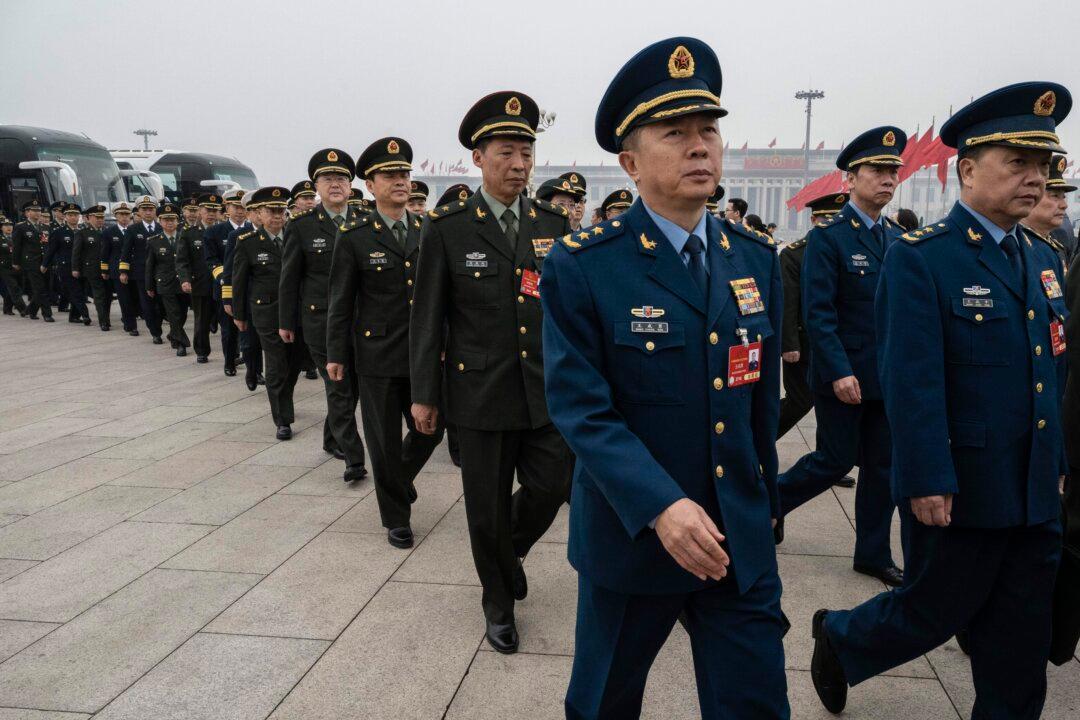Commentary
Liu He, a member of the Politburo of the Chinese Communist Party (CCP), Vice Premier of the State Council, and the chief representative for China in the U.S.-China trade negotiations, is the most important financial advisor for the CCP’s top leader Xi Jinping. Recently, he has become a target for ouster by Xi’s political enemies who have been repeatedly publicizing potentially incriminating information such as his son’s involvement in high stake investments.





